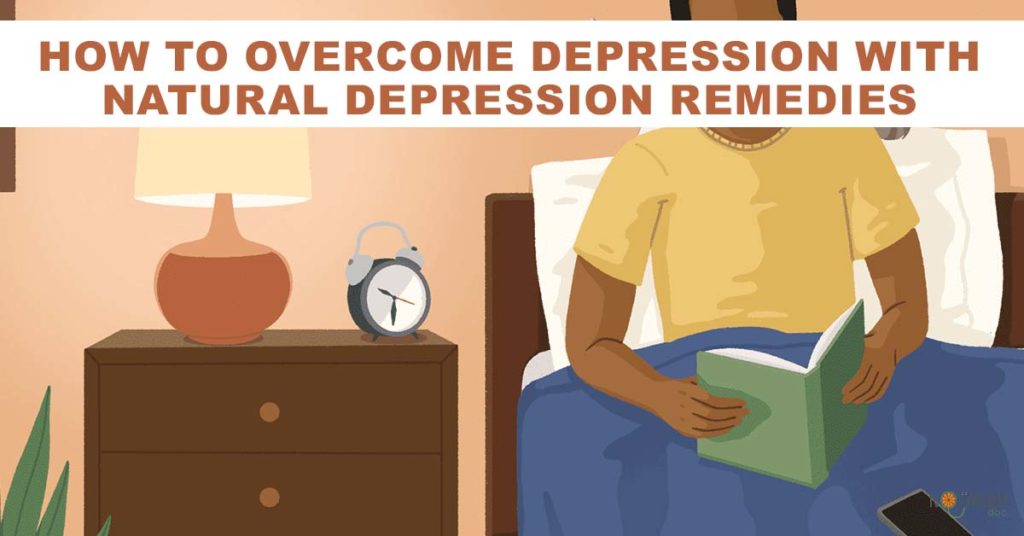How This Helps
Depression is found to be the most prevalent mood disorder around the world. It is estimated that approximately 350 million population is currently suffering from depression. A wide variety of pharmacological medicines along with different therapeutic techniques are available to treat depression. Sadly, a little attention is given to the food and nutrition that can affect mood of the patients with depression. It is evident through literature that deficiencies of essential food supplements can cause depression. This article will highlight the specific natural treatment for depression or prevent depression.
Low levels of neurotransmitters such as serotonin, dopamine and non- adrenaline are found to be related with depression. Lack of essential nutrients were found to be related with deficiencies of these neurotransmitters. Food rich in complex carbohydrates, folic acid, Omega 3 fatty acids, selenium and protein can help to overcome depression.
Science and Research
Foods for Depression with Complex Carbohydrates
1. Grapefruit







